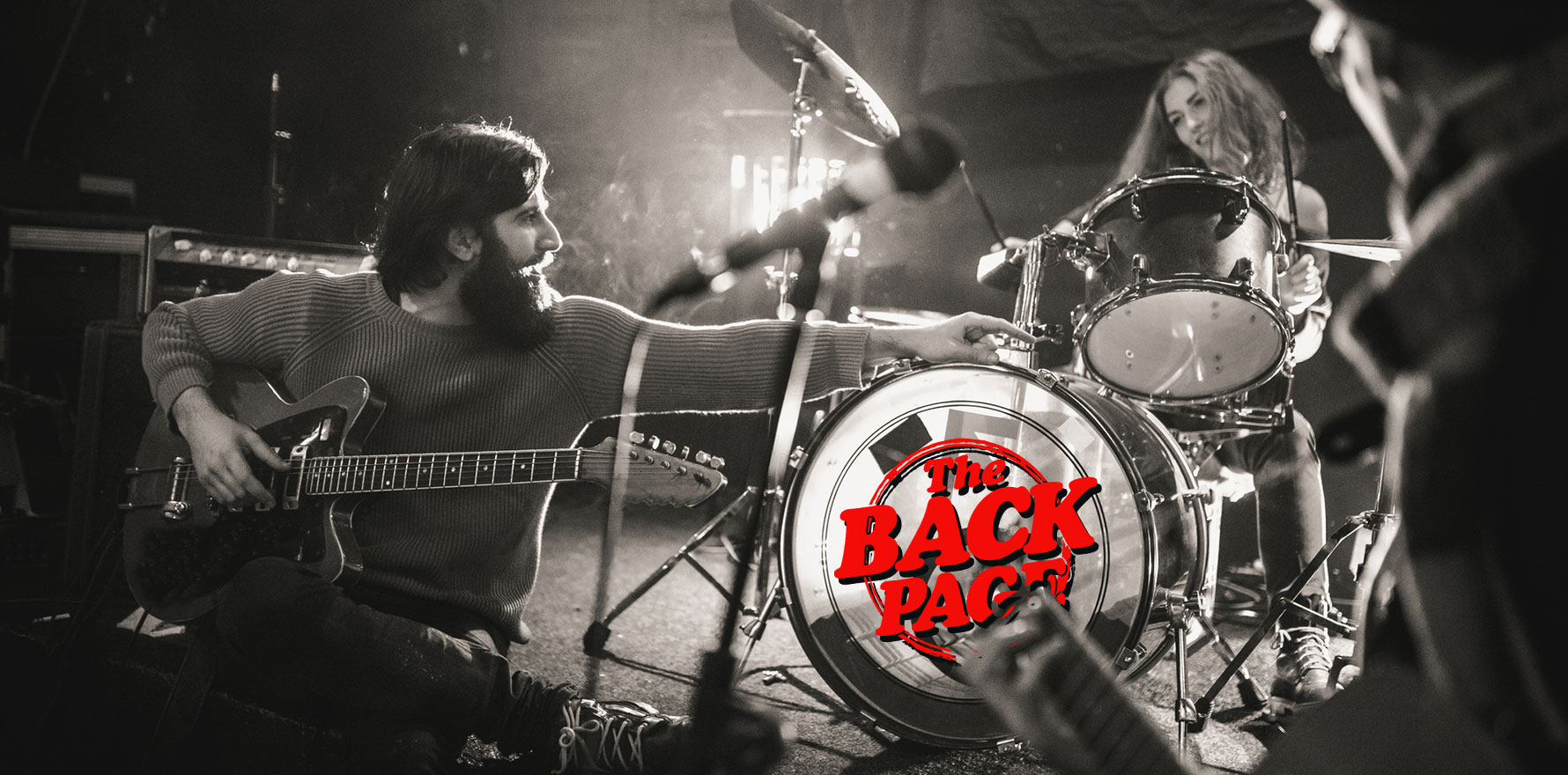Evolution has humans hooked on taking an emotional journey.
One of the first things your Back Page correspondent did when covid lockdown restrictions began to ease was to go and see some live music.
Sure, the YouTube and Zoom performances that proliferated while we were all housebound were a welcome distraction, but nothing can quite replicate the visceral response one feels when talented performers crank it up to 11 in the flesh.
But don’t just take our word for it. As our TMR colleague and unreconstructed Swiftie, Helen Tobler, recently attested, something quite different happens to our brains when we listen to music in a live setting as opposed to via a device.
And one of the reasons for this could come down to evolution, according to boffins at the University of Zurich.
In a study, published this week in Proceedings of the National Academy of Sciences, the Swiss research team conducted an experiment to determine the effects that listening to both live music and recorded music have on emotional processes in our brains.
The researchers used magnetic resonance imaging to measure the activity in the part of the brain called the amygdala, which is responsible for processing emotions.
The brain activity of 27 listeners was measured while listening to recorded music as well as a real-time live performance. In an added twist, the audience responses were relayed to the performer who then adapted their performance to intensify the emotional reactions.
“Our study showed that pleasant and unpleasant emotions performed as live music elicited much higher and more consistent activity in the amygdala than recorded music,” the study authors told media.
“The live performance also stimulated a more active exchange of information in the whole brain, which points to strong emotional processing in the affective and cognitive parts of the brain.”
In seeking to explain these results, the researchers posited that being able to listen to recorded music at all is a relatively recent technological advance, while the performance of live music has been a popular human activity for tens of thousands of years.
And while music streaming platforms and high-quality loudspeakers and headphones could still provide a positive musical experience, the social experience of attending a live concert could not be replicated, they said.
“People want the emotional experience of live music. We want musicians to take us on an emotional journey with their performances,” the researchers said.
We suspect more than 600,000 Australian Taylor Swift fans would heartily agree.
Send story tips and free concert tickets to penny@medicalrepublic.com.au.


